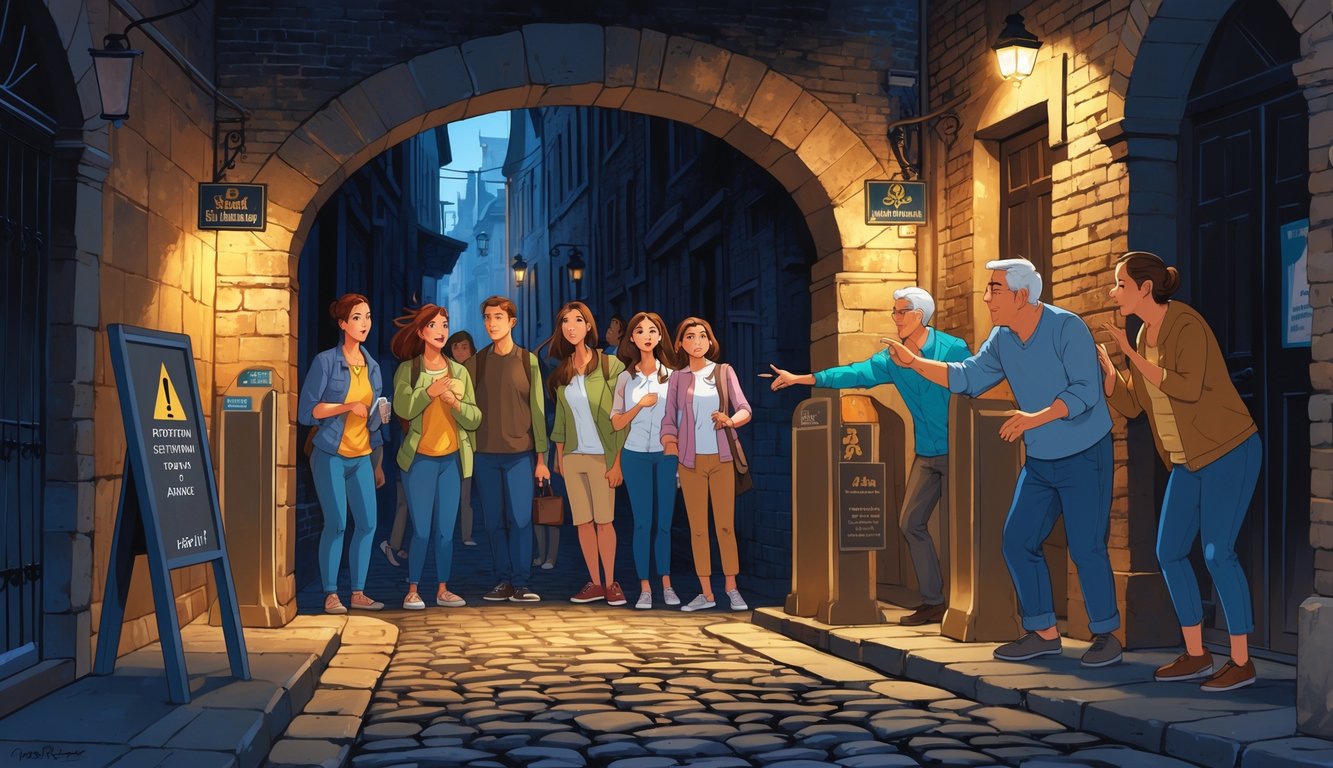
Understanding Resort And Accommodation Fees
I barely finished booking and—bam—the price jumps $30 for reasons nobody explains. Numbers look fine at checkout, but a few days later, there’s that email: “Thanks for your stay! Here’s a new invoice.” It’s like a scavenger hunt where the only prize is more fees.
Resort Fees and Sneaky Resort Fees
Resort fees. Last year the FTC said the average was $38.82 a night (NerdWallet threw that stat out). Some sites claim the total is upfront now (new law or whatever), but let’s be real—plenty of places still tack on “facility fees,” surcharges, or “amenity access” at the door.
Big hotel chains in Vegas or Florida basically invented this. You show up and the gym’s closed for “renovations.” Someone mentioned “destination fees”—it’s just a resort fee with a new name. I never trust a rate that looks too clean, and I always skim the fine print, but last time I found a breakfast charge hidden in the “internet package.” Who does that?
Hotel Charges and Tourist Taxes
Tourist taxes—another layer. Last winter in Rome, the pillow was lumpy and the bill was padded: a per-night “visitor levy” slapped on at checkout, cash only. Doesn’t matter if it’s Airbnb or a last-minute hotel; city, county, state—they all want a piece, usually in person, right when you think you’re done. The old “local occupancy fee” trick is alive and well. Broke down the numbers with a travel agent in Amsterdam—she just laughed, “Everyone pays, nobody remembers agreeing.”
Booking engines rarely show these until the end. Paris charges by hotel star, Miami adds a “tourism improvement district fee.” No agency’s chasing that $6 per night, but it adds up. Last trip? Four different “taxes” I couldn’t even explain to my accountant.
Late Check-Out and Wi-Fi Charges
“You can have late check-out—just $55 more,” the receptionist told me, deadpan, like it’s totally normal. Always the same pitch; they know you’ll fold. Tried to argue in Vancouver, but no, the cleaners had a tight schedule (yet somehow my friend next door got it for free—should I have tipped better?).
Wi-Fi used to be free, now some hotels charge per device, or give you “standard” for free but upcharge for “premium.” Ran a meeting in San Francisco and found a $12 “high-speed internet enhancement” fee on my bill. If you want to dodge that, use a mobile hotspot—but then roaming charges balloon, and you’re googling “international data cap” at the airport, sipping $7 coffee.
Fees seem to multiply whenever someone checks in. I try to keep a tally in my phone, but by the time I get home, I’ve given up—there’s always something else, and the “final total” is never final.
Transportation And Access-Related Hidden Charges
I’m late, the train doors just slid shut, and all I can think is how every shortcut now hides a secret fee. More people complain to me about these invisible transportation charges every month. I’ve dug through FTC bulletins, receipts, and that local Facebook group where everyone’s furious about parking meters. There’s always something missing or “optionally required”—insurance, taxes, the kind of stuff my old neighbor used to call “part of the adventure” before asking me to spot him five bucks for parking validation.
Toll Fees and Parking Charges
You know those “automatic toll detection” signs? Yeah, I see them every 10 minutes, and my bill still explodes for no reason I can figure out. E-ZPass is supposed to make life easier, but then the highway sneaks in a “premium” lane or the rental company adds some “convenience fee” that’s basically a joke—except I’m not laughing when it’s five times the regular toll. It’s so much worse than I expected. Rental car insurance? Nightmare. I learned the hard way—always, always ask if those local tolls get covered, or you’ll get a “processing fee” that shows up months later, just in time to ruin your week. Consumer Reports said airlines made $7.6 billion on reservation and baggage fees in 2018. I don’t even want to know what roads rake in.
And everyone’s like, “Just street park, it’s free!” Sure, if you like deciphering cryptic curb codes at midnight in some random beach town, downloading three apps, and paying a “non-refundable reservation add-on” for a spot that’s never actually there. Blocked curb? “City improvement surcharge.” No explanation. My cousin swears by carrying coins, a backup card, and at least twenty minutes of patience for meters that only take apps and want your entire life history. Towing fees? Nobody tells you until it’s 1 a.m. and suddenly you owe $180 for parking next to a sign you couldn’t even read.
Public Transit and Budget Airlines
Apparently “take the train, it’s cheap!” is the universal advice. It’s not. Every city’s transit app turns a $2 ride into $10 before you know what happened. I tried a weekly pass—ended up with an “activation fee” and a $1.25 penalty for using a kiosk instead of the app. And those “zone” boundaries? Total scam—some tourist spot suddenly becomes “premium” in June, and you’re just supposed to know.
Budget airlines? Please. They should just call themselves “Fee Airlines.” My $30 flight? Yeah, right—$89 after “seat selection,” “carry-on prepay,” “credit card surcharge,” and the legendary “print your boarding pass at the airport” fee. Seven bucks at one counter, $14 at another. Consumer Financial Protection Bureau says “junk fees” are a top air travel complaint, and I believe it. Don’t even get me started on those “optional” carbon offset donations—they pop up mid-booking and you feel like a monster if you skip them. Anyone who brags about a $15 cross-country flight is lying or forgot about the $12 Diet Coke and the “upgrade” spiral.



